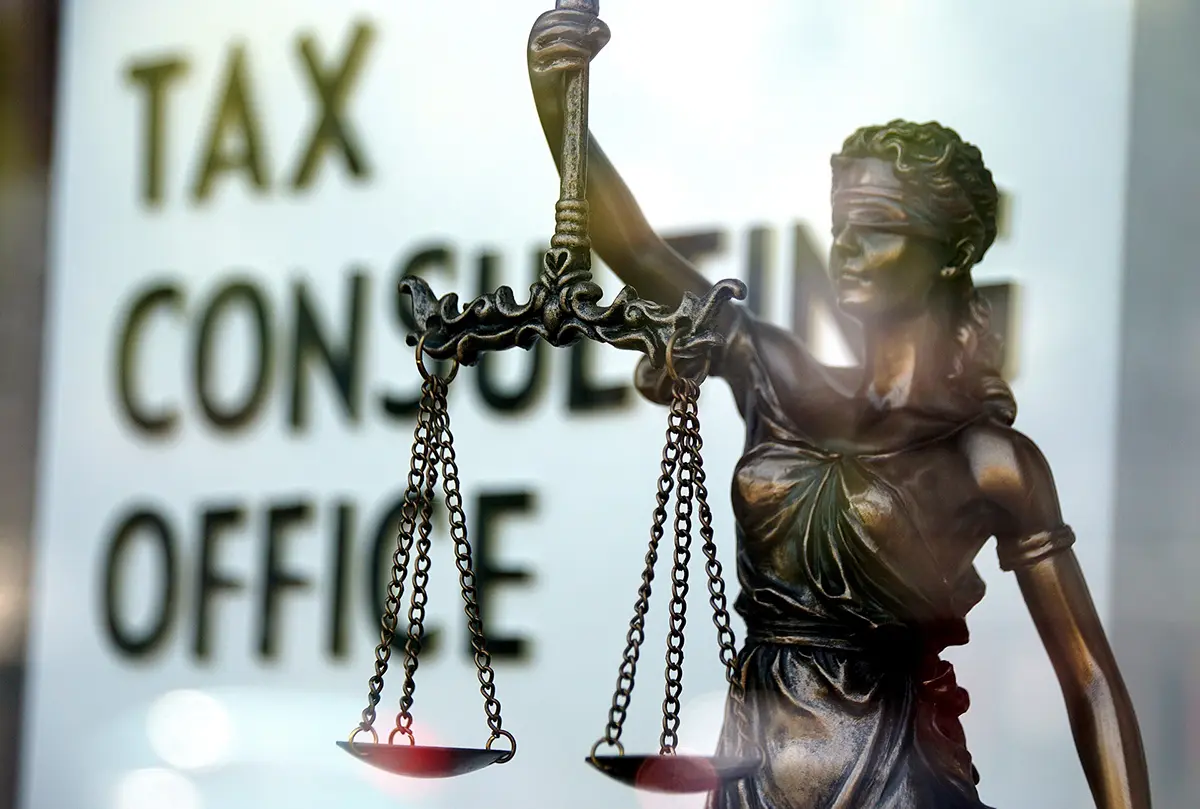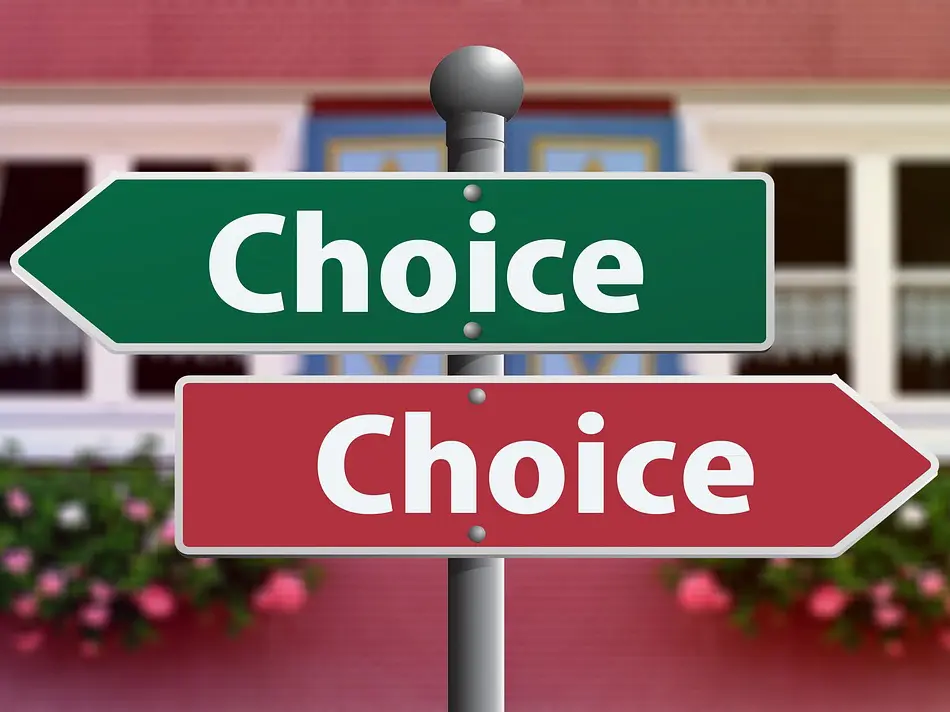1. Denmark

The Danish people are supposedly the happiest people in the world. How much does their political system play a part in that?
Some of the most interesting aspects of the Danish political system include:
- Extremely diverse representation in their parliament
- The ‘Nordic model’ offers a blend of capitalism and socialism
- Low corruption and high taxes – willingly paid!
Find out more below.
The Danish system at a glance
- It is a constitutional monarchy and a parliamentary democracy. The Queen’s role is largely ceremonial, though.
- You can vote for a local candidate or a general political system
- As representative democracy, Danish citizens choose the representatives to sit in the Parliament and make daily political decisions.
Danish political diversity

Denmark is extremely representative of a diverse range of opinions.
“There are representatives of 14 parties in the Danish parliament, and since 1909 no party has had enough representatives to rule entirely on its own.” – Denmark.dk
There is no red team versus blue team in Denmark. The citizens are not forced to choose one of two parties, and hope that their views perfectly align with said party.
In Denmark, politics are about consensus. It’s about working together despite their differences. It is always a ruling coalition. That is, the ruling party is a group of parties.
The Nordic model
Denmark employs the Nordic model, which is a mix of capitalism and socialism. There is a strong belief in the free market, whilst ensuring there is significant welfare support.
Nordic countries like Demark have become well known for having high living standards and low income disparity. Many accredit this to the Nordic model.
Despite the range of representatives in parliament, each with their own political leaning, the Nordic model consistently garners broad support.
This blend of capitalism and socialism provides free access to excellent public services, including some of the best healthcare and education in the world, whilst still promoting free market features such as entrepreneurship.
Why are Danes so happy to pay taxes?

Perhaps the most significant indicator in the Danish system is that their corruption perception Index is rank 1; they are perceived to be the least corrupt government in the world (closely followed by their Nordic neighbors).
This goes a long way to establishing overall trust in the government and the citizen’s willingness to pay taxes.
Why are they so willing to give away their money? You might argue the benefits Danes receive from their taxes, such as free healthcare, free tuition and elderly care, are not particularly unique. But when you are confident the money coming out of your paycheck is going directly to these causes (instead of the pockets of politicians), it increases the perception of it being value for money.
Electoral turn out

As a result of their faith in the system, there is an average 85% turn out in their elections.
Democracy matters to the people of Denmark. Even if they do not wish to vote for any one party, thousands of Danes choose to return a blank ballot paper, most of which are signaling their faith in the system and democracy.
The Danish System – what can we take away?
The Danish system is extremely diverse. Diversity in government results in better proportionate representation and promotes new ideas. Perhaps we should ask ourselves how can we give other, smaller parties more recognition (through media and marketing) so that candidates who are not simply Republican or Democrat are known about?
———-
Though it isn’t a perfect system, the ‘cuddly capitalism’ approach Denmark has adopted allows for the best of both worlds. The government can enjoy the benefits of the free market whilst showing they genuinely care about people, health & wellness through their exceptional public services.
It should be noted that the downside of the Nordic model is potentially lower productivity/GDP. But considering the satisfaction of the people of Denmark, the tradeoff might be worth it.
———-
The disillusionment most of us have around paying taxes is because it feels like bottomless money pit. More money comes out of our paycheck for taxes, and things seem to get worse. Every day new scandals involving politicians arise.
Cracking down hard on rogue politicians, preventing insider trading, and just generally demanding a higher standard for our government officials, all might go a long way to establishing trust & satisfaction with the political system.
2. Switzerland

Switzerland’s political system is one to be admired, bringing the country great prosperity. Some of the highlights include:
- Having 7 leaders instead of 1
- Regular referendums, that the public themselves put forward
- Fostering a diverse, innovative workforce
Find out more about the unique Swiss system below.
7 heads are better than 1

Why entrust an entire country to one person?
The Swiss technically have 7 leaders of the Federal Council. The president of which, rotates every year.
Each minister yields equal power. They are each also responsible for one of seven executive departments (defense, foreign affairs, finance etc.).
Like Denmark, there is a good deal of diversity in terms of party representation in the council. Currently, there are two members from the Swiss People’s Party, two from the Social Democratic Party, two from The Liberals and one from The Centre. Once again, representation at its finest.
This collegial system (rather than a Presidential system as seen in the US) is written in the constitution of Switzerland. Despite their differences in political alignment, the 7 council members are forced to co-operate, compromise, and execute governance.
Let the people decide

The Swiss operate a ‘semi-direct’ democracy, as effectively any citizen can declare a referendum on a subject if they create a petition that gathers 50,0000 signatures in 100 days, or 100,000 signatures in 18 months.
There are many referendums that happen in Switzerland, on hot-button issues such as same-sex marriage and nuclear power.
Empowering the masses is an interesting, albeit dangerous idea. But it is generally very popular in Switzerland.
The world-leader in innovation

Switzerland is the world leader in innovation according to the Global innovation index of 2022. This is not something that just happens. How does the Swiss system support this?
It is largely a result of their education system, immigration policy and government support.
- A high onus is placed on the compulsory education system, which provides (among other things) the world renowned apprentice system. It is the number one choice for school leavers, providing on-the-job training and has produced many politicians as well as CEO’s.
- 2% of the workforce is foreign, reportedly having the highest percentage of immigrant workers. A positive view on immigration has resulted in a wealth of new, diverse ideas and supported innovation.
- The government sponsor a nationwide system for universities and businesses to collaborate on research results for private sector product development. This is known as ‘Switzerland Innovation’.
Innovation breeds prosperity, and accordingly, Switzerland is an extremely rich country. Credit Suisse reported that Switzerland has the highest wealth per adult in the world.
The Swiss government sets up its citizens (and immigrants) for huge economic success. The effect naturally cascades down to other areas of society.
- A willingness to pay (and afford) higher taxes
- Better healthcare and the ability to afford private healthcare
- Better education and the ability to afford private education
It is a virtuous circle that incrementally improves society over time.
What can we take away from the Swiss system?
Why do we still have Presidents and Prime Ministers? It seems archaic to have just one person decide the fate of an entire country.
Of course, we have the Senate and House of Lords in the US and the UK respectively, but still, we choose to have one all-powerful individual in charge. A single person with a giant ego, with limitations in knowledge, and with immense pressure.
A council of elders innately feels like a wiser path.
———-
Allowing your people to vote on the important decisions that matter to them is an interesting idea. But the decisions can have drastic consequences, such as the 2016 Brexit referendum that saw the British public vote to leave the European Union.
A quote, often misattributed to Churchill:
“The best argument against Democracy is a five-minute conversation with the average voter.”
But if the average voter is well-educated & well-informed, as they appear to be in Switzerland, are such referendums so risky?
———-
A healthy immigration policy & strong emphasis on innovation is key to a prosperous society. Tackling racism and fostering an environment that rewards collaboration and ingenuity can create a diverse, connected, and knowledgeable workforce.
3. New Zealand

New Zealand ranks extremely highly on a number of key metrics, as we’ll see below. It’s stand out feature is the voting system, but it excels in many areas of society. Let’s dive in!
Possibly the fairest voting system in the world
New Zealand have a system known as Mixed-member proportional representation (MMP). It grants citizens two votes – a local vote and a vote for their political party of choice.
Firstly, a local representative that gets a seat in parliament should (in theory) ensure that the views of those in said local area, are represented.
But more importantly, additional seats are awarded to the smaller parties, ensuring better representation in parliament. The second vote (for political party of choice) has more diversity, as even the smaller parties (with no hope of winning) can still get some degree of representation.
There are other benefits too, watch this great (short) video explainer if you’re interested:
The citizens of New Zealand love MMP, as evidenced by their overwhelming support for it in a recent referendum.
Only 4 countries in the world use MMP, and New Zealand do it best. This is because they, unlike the other three, have a unicameral parliament. A single house where laws are proposed and enacted. Laws can be passed much more easily without a Senate or House of Lords blocking them. This streamlined system allows things to simply get done and actual progress is made.
Saying it is the ‘fairest voting system in the world’ is perhaps a low bar. Critics will still point out many flaws in this system. A better way of saying it might be:
“MMP is the worst voting system, except for all those other systems that have been tried”
What is the result of New Zealand’s MMP?
New Zealand ranks extremely well on a variety of KPIs (see end of article for a comparison matrix).
Firstly, MMP has helped ensure healthy voter turnout, with the latest numbers being 82.2%. It’s the most politically stable country on this list and receives the top mark for political rights.
Looking at some related figures, New Zealand is tied with Denmark at rank 1 for on the corruption index (least corrupt) and is ranked 2 on the global peace index.
All these incredible rankings combined, point towards a country that is run incredibly well. But why?
Well, unfortunately it’s not possible to point to a single reason that has enabled New Zealand to be so successful, it has been the result of several factors. However, it is certainly underpinned by a successful and well-liked political system.
Despite this, GDP and productivity is fairly low for New Zealand. Looking at the system through a capitalist lens might make you look less favorably upon it. But overall, it’s a standout choice if you’re looking for a safe, diverse and beautiful country to live!
The power of having a powerless monarchy

Monarchies are typically looked down upon, but for New Zealand, it provides an interesting advantage.
All countries benefit from having a head of state who can serve as arbitrators when there are disputes in forming a government. These might be elected by parliament, or they might be a King or Queen – which is written in the constitution for New Zealand.
The monarch, now King Charles, is technically head of state. It works great, as monarchs are typically disinterested arbitrators. That is, they usually have no interest in meddling in politics or laws. Their indifference, and lack of desire for power, makes them perfect for the role.
On the other hand, when there is a figure elected to oversee parliament as head of state, they do have some democratic legitimacy, which can allow ‘shenanigans’ to occur. Indeed, constitutional monarchies have been found to be more democratically accountable overall.
So, monarchs might result in less scheming and corruption in politics. It’s a different argument entirely whether the millions in taxpayer money that goes to monarchs is justified, though.
Who is the winner? A comparison matrix
Below are some interesting indicators of success for each country, each one influenced by their respective political systems. You’ll notice that all three rank fairly well across the board!
| Country | Political stability (-2.5 – 2.5) | Political rights (1-7) | Corruption perception Index | Global Peace Index | Electoral turn out | Innovation Index |
| Denmark | 0.95 | 1 | 1 | 4 | 84.6% | 10 |
| Switzerland | 1.13 | 1 | 7 | 11 | 45.1% | 1 |
| New Zealand | 1.44 | 1 | 1 | 2 | 82.2% | 24 |
Final thoughts: are these the best political systems the world has ever known?
There are many other systems with many other virtues & vices, but that’s my top three political systems from around the world. Is it a coincidence that all three of these places seem like wonderful, safe & prosperous places to live?
The political systems we are subjected to in the US and UK by comparison seem ludicrous & frustrating, to the point that they are causing serious divisions in society and growing discontent.
We are so entrenched in these systems that any sort of change seems impossible without a full-on revolution. But here’s to holding out hope the powers that be recognize the immense flaws in the systems close to home and enact real systemic change.






